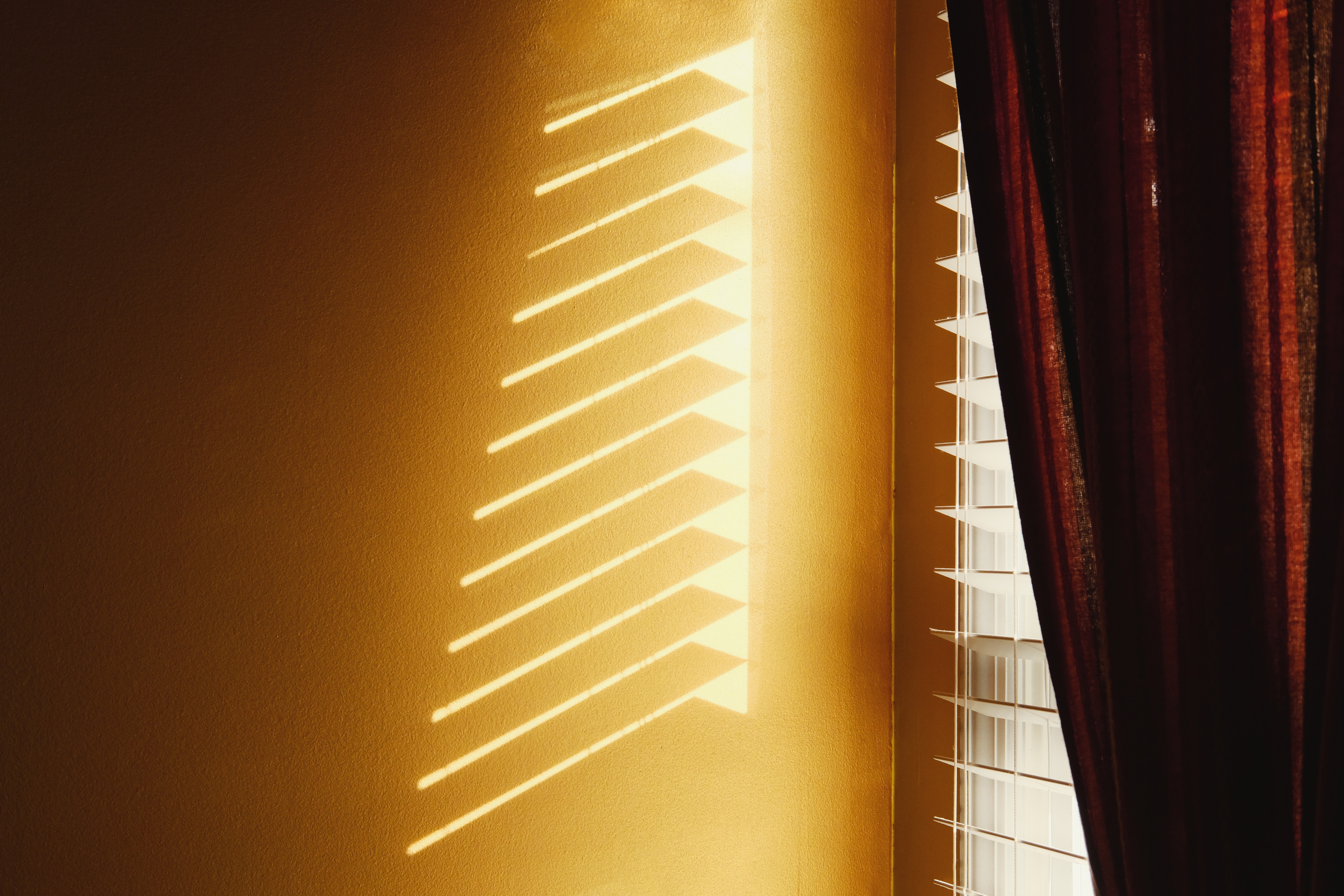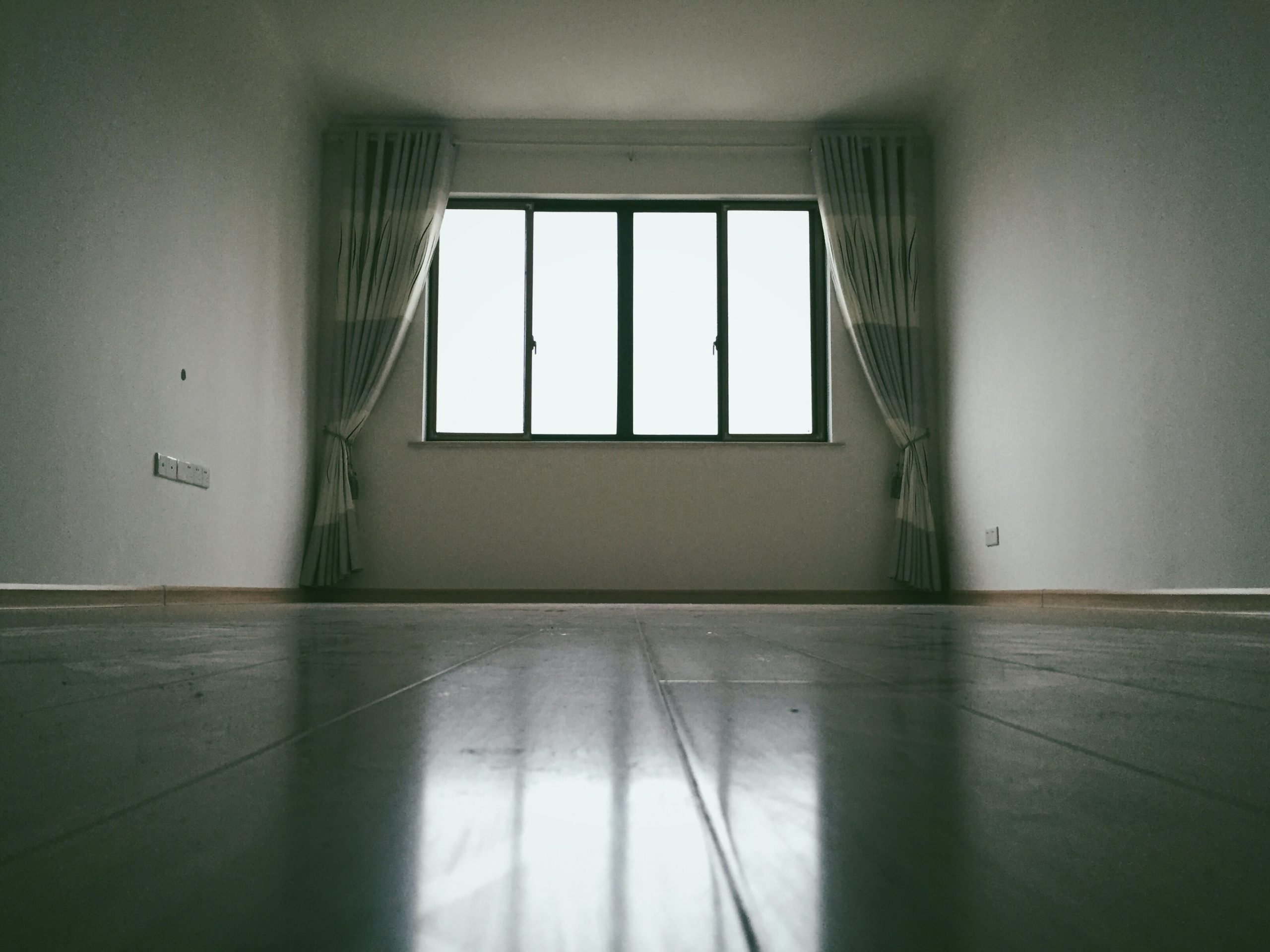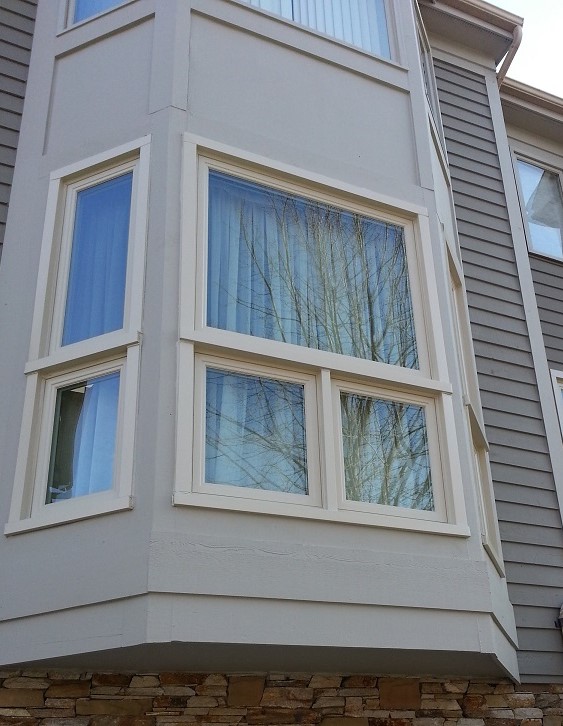Thinking about replacing your windows? If you are, you need to pick window treatments to accompany the new windows themselves, and ideally the treatments work well with the windows’ functionality and aesthetics. Shades and blinds are two of the most popular choices, and tons of homeowners find themselves choosing between them. They both have their own pros and cons, so you should understand which one fits your unique needs the best. This article will cover the advantages and disadvantages of shades, blinds, and other window treatments so you can make a more informed choice when you’re getting replacement windows.
Understanding Window Treatments for Replacement Windows
While they’re a pretty significant investment, replacement windows have tons of benefits, like improved energy efficiency, better soundproofing, and enhanced curb appeal. Choosing the right window coverings lets you get the most out of these benefits by adding insulation, controlling light, and maintaining privacy. That said, when you’re choosing between shades, blinds, and other options, you need to take several factors into account, like room type, aesthetic preferences, and functional needs.
Pros and Cons of Blinds for Replacement Windows
Blinds are a versatile and functional choice for many homeowners. They’re made up of horizontal or vertical slats that can be tilted to control the amount of light entering a room. Blinds come in a variety of materials, including wood, faux wood, aluminum, and PVC, so they can work with a lot of different décor styles.
Advantages of Blinds:
- Precise Light Control: Blinds give you a lot of control over the level of light in a room. You can tilt the slats to adjust how much light enters the room without fully opening or closing the blinds.
- Durability: Durable materials like wood or aluminum tend to be used for blinds, so they last a long time. They hold up well under daily use and don’t require much maintenance, making them one of the best blinds for new windows.
- Variety of Styles: Blinds come in tons of different finishes and colors, so they can match almost any interior design style.
Disadvantages of Blinds:
- Dust Accumulation: The slats will collect a lot of dust, so they need to be cleaned regularly to maintain their appearance and hygiene.
- Less Energy Efficiency: While blinds provide a little bit of insulation, they aren’t as energy-efficient as shades, particularly cellular shades, which trap air in their honeycomb structure for better insulation.
- Noise and Rattling: In certain situations, such as when a window is left open or a draft comes through, blinds can make noise when they rattle against the window frame.
If you want durability and light control, blinds are a great choice for your replacement windows. However, if better insulation is what you’re looking for, you should consider energy-efficient window treatments like shades instead.
Pros and Cons of Shades for Replacement Windows
Shades have a smooth, sleek appearance that makes them another popular choice for replacement windows. They’re typically made of fabric and can be rolled or folded up to adjust light levels. Shades also come in various styles, including roller, cellular, and Roman shades, and each has different benefits.
Advantages of Shades:
- Energy Efficiency: Certain types of shades, like cellular shades, bring a lot of energy efficiency to the table. Their honeycomb design traps air, providing insulation that complements the performance of energy-efficient windows. As a result, shades are a great choice for homeowners who want to reduce energy costs while still maintaining a stylish appearance.
- Seamless Aesthetic: Shades provide a clean and modern look with fewer lines and gaps than blinds, which is good for spaces where you want a minimalist or streamlined design.
- Privacy and Light Control: Although shades don’t offer the same level of light control as blinds, they can be made from fabrics of varying opacity, so they give you a lot more privacy while still maintaining a good amount of light control. Blackout shades, for example, block out the sun completely so you can enjoy unfiltered privacy.
Disadvantages of Shades:
- Limited Light Control: While shades can be raised or lowered, they don’t give you the same precision in light control that blinds do. When fully lowered, shades can block out light entirely, and you can’t angle them to let some light in.
- Durability: Some shades, especially those made from lightweight fabrics, can wear out faster than blinds. Over time, exposure to sunlight can cause them to fade, and certain fabrics might wrinkle or sag.
If you’re prioritizing energy efficiency and a clean, modern look, shades are probably the right choice. For homeowners replacing windows in areas prone to drafts or extreme temperatures, cellular shades in particular provide tons of insulation and energy savings.
Comparing Blinds vs. Shades for Replacement Windows
The choice between blinds and shades for replacement windows depends on your preferences and the room’s specific needs. If you need precise light control and durability, blinds might be the better option. However, for homeowners who prioritize insulation and a sleek design, shades, especially cellular shades, are likely your best bet.
Other Energy-Efficient Window Treatments
Of course, there are other window treatments besides blinds and shades that can enhance the performance of replacement windows. Shutters, for example, are durable and provide excellent insulation. Motorized window treatments are also gaining popularity since they let you control light and privacy with the push of a button, so they’re a convenient and modern option for energy-efficient window treatments.
Choosing the Best Window Coverings for Replacement Windows
When you’re getting replacement windows, picking the right coverings for them is an important decision that impacts the comfort, energy efficiency, and aesthetics of your home. Blinds and shades each have their own pros and cons, and the best choice depends on your specific needs. Blinds provide precise light control and durability, while shades, particularly cellular varieties, give you better insulation and a sleek appearance. By understanding the strengths and weaknesses of each option, you can make an informed decision that enhances the functionality and appearance of your replacement windows.
If you’re not sure, meet with a window treatment professional who can help you choose the best blinds for new windows or the ideal shades to complement your energy-efficient window installation. Whether you prioritize light control, insulation, or aesthetics, there are plenty of options to suit your preferences and make your home more comfortable.





